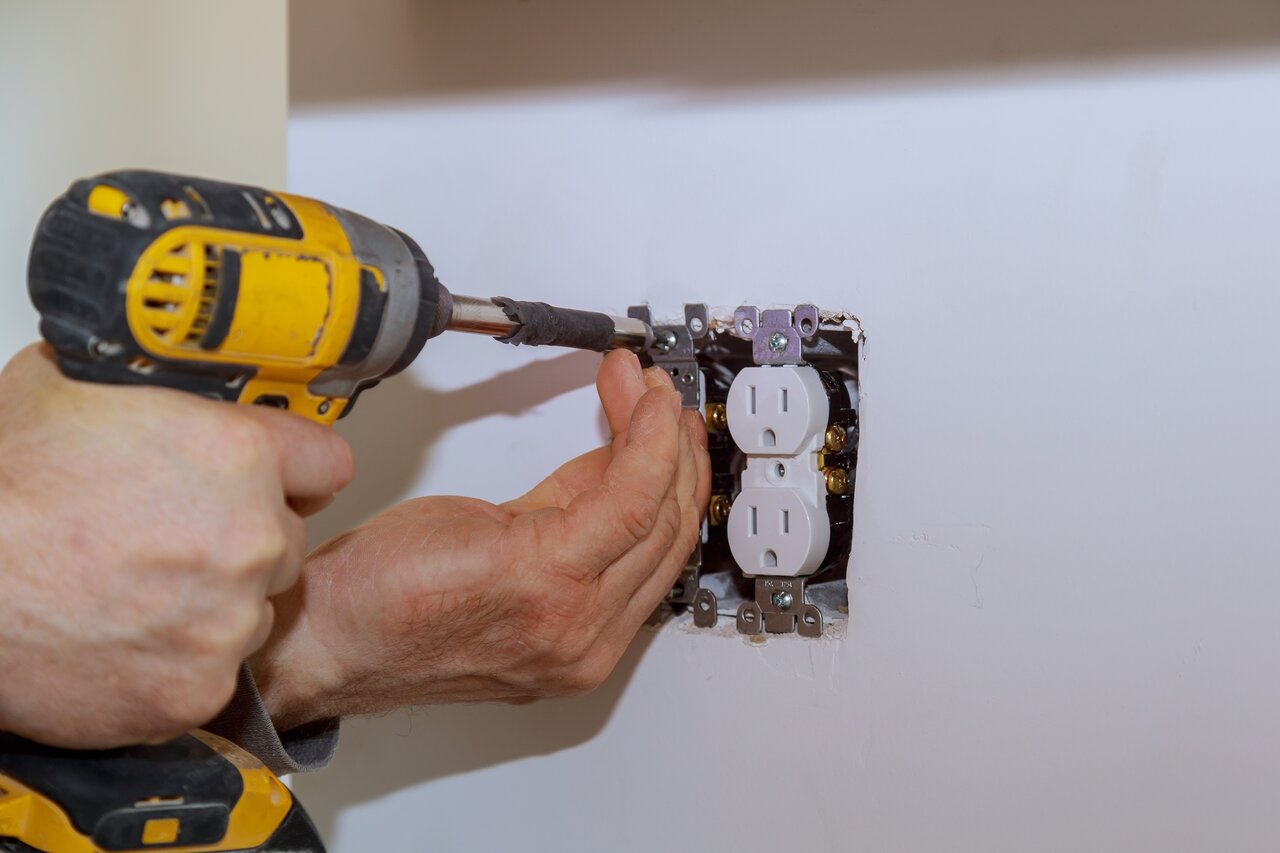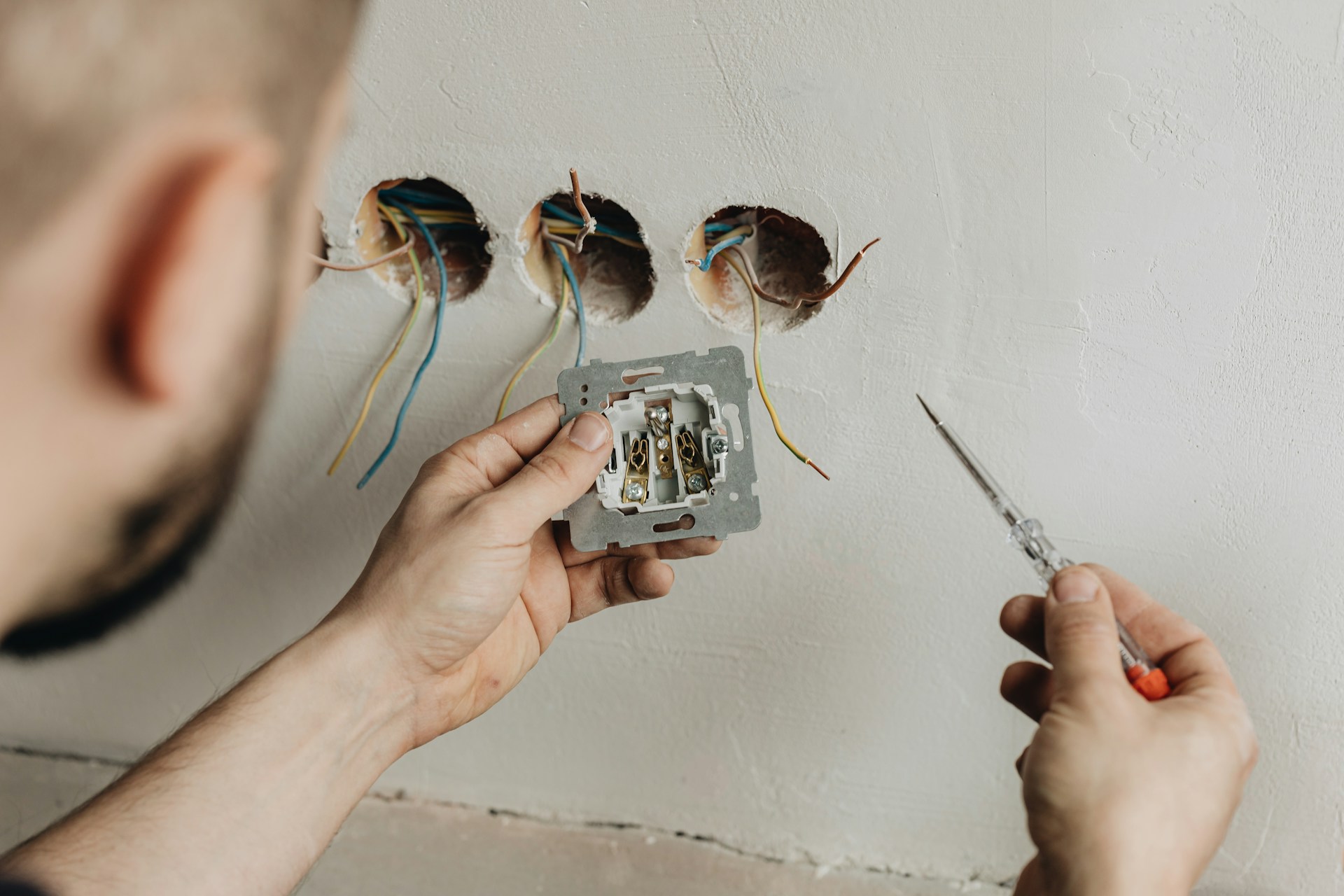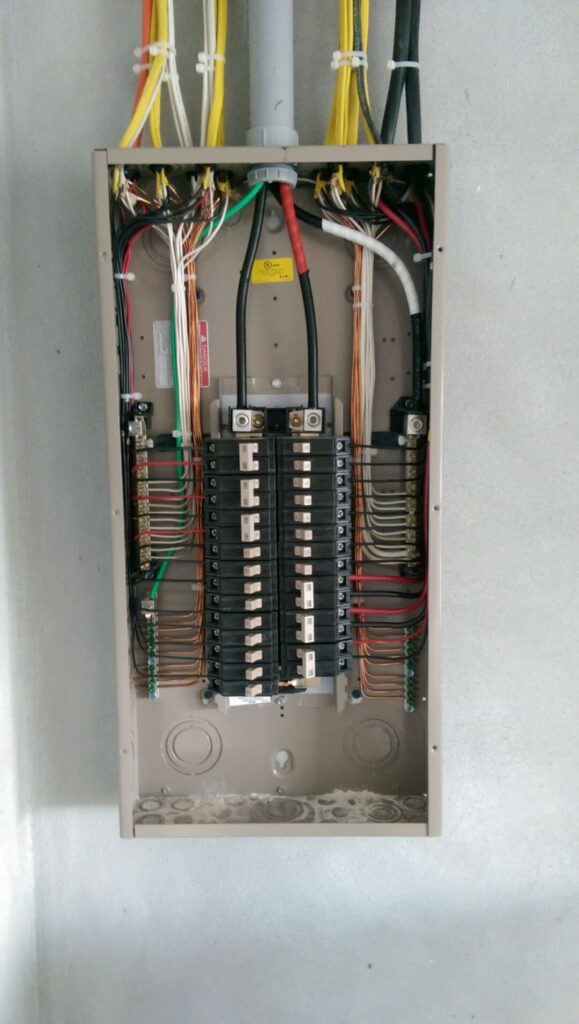
Choosing the Best Electric Vehicle Charger for Your Florida Home
With a growing number of electric vehicles (EVs) on the road, more and more Florida homeowners are making the switch to clean, efficient transportation options. As you embrace the electric vehicle revolution, it’s essential to ensure your home is equipped with the proper EV charging infrastructure to meet your charging needs. In this blog post, we’ll guide you through the process of choosing the most suitable electric vehicle charger for your home, taking into account important factors such as charging speed, compatibility, and cost. With our expert insight, you’ll be able to make an informed decision on the best charger for your specific requirements and lifestyle.
As an electrical contractor in Florida, we understand the unique challenges and nuances of installing electric vehicle chargers in our region. With our diverse experience and customer-focused approach, our team is well-equipped to provide you with the necessary knowledge and recommendations to select the ideal charging solution for your home.
In this article, we’ll discuss various types of EV chargers available on the market, ranging from basic Level 1 charging stations to high-speed Level 3 chargers. We’ll also outline the benefits of each option and provide tips on how to choose the most suitable charger based on your vehicle model, charging habits, and budget. Additionally, we’ll share crucial information regarding the installation process, ensuring your charger is safely and efficiently installed by our skilled electricians.
Join us as we delve into the world of electric vehicle chargers and provide you with expert tips, guidelines, and recommendations to streamline your transition to an eco-friendly driving experience.
Understanding Electric Vehicle Charger Levels
Level 1 Chargers:
Level 1 chargers are the most basic type of EV charging station, typically using a standard 120-volt AC outlet found in most homes. Although this charging option is convenient and requires no additional equipment, it’s also the slowest method, providing around 3 to 5 miles of range per hour of charging. Level 1 chargers are often ideal for plug-in hybrid electric vehicles (PHEVs) or as a backup option when other charging methods are not available.
Level 2 Chargers:
Level 2 chargers are a popular choice among EV owners, as they utilize a 240-volt AC circuit to provide faster charging times compared to Level 1. These chargers can typically add 10 to 60 miles of range per hour of charging, making them suitable for all types of electric vehicles, including PHEVs and battery electric vehicles (BEVs). Level 2 chargers do require professional installation by a licensed electrician, as wiring upgrades and a dedicated circuit are typically necessary.
Level 3 Chargers (DC Fast Chargers):
Level 3 chargers, also known as DC fast chargers, are the quickest option for recharging electric vehicles, often adding 60 to 100 miles of range in as little as 20 minutes. However, these high-speed chargers are primarily designed for commercial and public use, as they require an expensive and complex installation process that is not practical for most residential applications.
Factors to Consider When Choosing an EV Charger
Compatibility:
When selecting an EV charger, it’s crucial to ensure it’s compatible with your specific vehicle model. Consult your vehicle’s owner’s manual or consult the manufacturer to determine the recommended charging options for your EV. Most modern electric vehicles are compatible with Level 2 chargers, which offer a practical balance of charging speed and cost.
Charging Habits:
Your daily driving habits are a significant factor when choosing the right charger for your home. If your daily commute is relatively short and you have ample time to charge your vehicle overnight, a Level 1 charger may be sufficient. However, if you require faster charging times or need to recharge multiple EVs, a Level 2 charger is a better option.
Budget:
Upfront costs and ongoing expenses are important considerations when selecting an EV charger. Level 1 chargers are the most affordable, as they do not require any additional equipment. Level 2 chargers, while more expensive than Level 1, offer faster charging speeds and generally provide better long-term value. Be sure to also factor in the cost of professional installation and any potential energy usage savings when evaluating your budget.
Installation and Safety:
Regardless of the type of charger you choose, it’s essential to ensure your EV charging station is installed safely and correctly by a licensed electrician. Our team of experienced professionals can assess your existing electrical infrastructure, recommend any necessary upgrades, and install your new charger according to all local codes and safety guidelines.
Choosing a Certified Electrician for EV Charger Installation
Selecting a service provider with expertise in electric vehicle charger installations is essential for a successful project. Here’s what to look for when choosing an electrician:
– Certification: Ensure the electrician is certified and licensed to work in your area.
– Experience: Look for professionals with experience in EV charger installations and familiarity with local permit requirements and electrical code standards.
– Reputation: Seek recommendations from friends, family, or online reviews to gauge the provider’s reputation and reliability.
Conclusion
Investing in an electric vehicle charger offers numerous benefits, such as convenience, faster charging times, and reduced energy costs. By carefully considering factors like compatibility, charging habits, and budget, you can choose the ideal charging solution for your Florida home. Additionally, partnering with our team of certified electricians ensures a safe and efficient installation process, giving you peace of mind and a seamless EV charging experience.
Ready to enhance your EV ownership experience with the right charger? Contact our Florida electrician at Top Dog Electric, and we’ll help you choose and install the perfect electric vehicle charger for your Florida home.












Leave a Reply